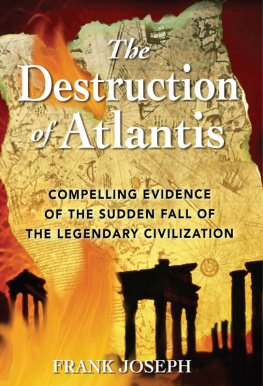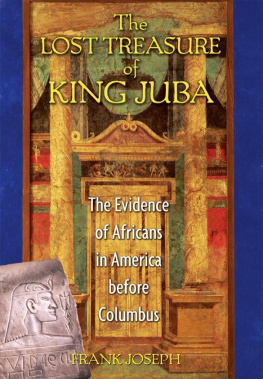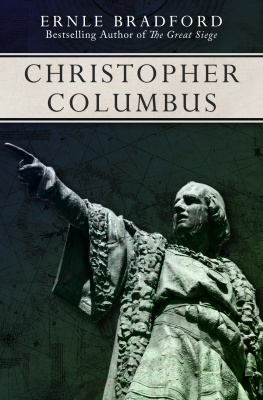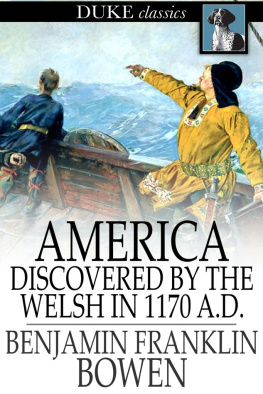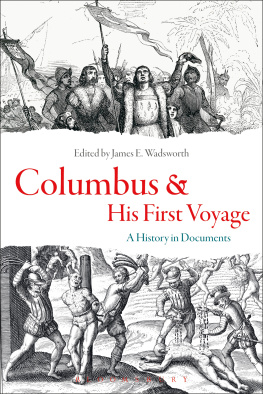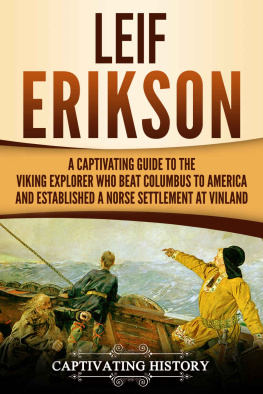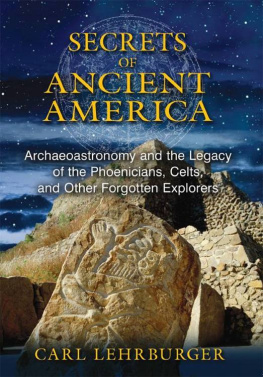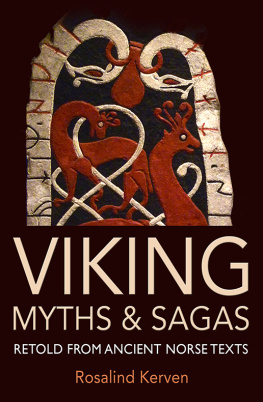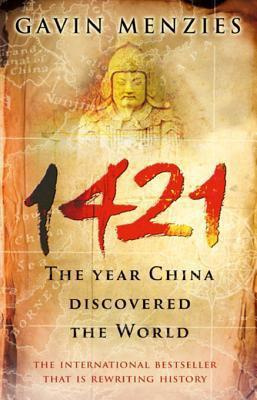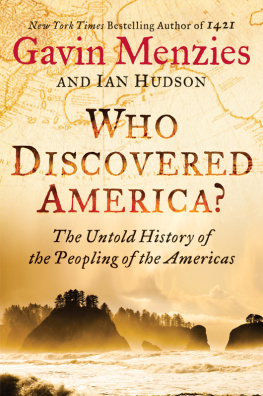In The Lost Colonies of Ancient America, Frank Joseph recounts stories and presents data that suggests the consensual understanding of ancient history has been constrained and distorted by mainstream scholars and political correctness. Building on the writings of previous explorers of this uncharted historical terrain, he makes the case for ancient voyages of exploration and trade to the Americas, often on massive ships sailing from the Mediterranean, Middle East, Africa and Asia. While no single case may be conclusive, it is the entire array of anomalies that is overwhelmingly convincing.
Bruce Scofield, PhD, faculty member at the University of Massachusetts, author of The Aztec Circle of Destiny
PAST PRAISE FOR THE WORK OF FRANK JOSEPH:
Making use of extensive evidence from biology, genetics, geology, archaeology, art history, cultural anthropology, and archaeoastronomy, Frank Joseph offers readers many intriguing alternative ideas about the origin of the human species, the origin of civilization, and the peopling of the Americas.
Michael A. Cremo, coauthor of The Hidden History of the Human Race and author of Forbidden Archeology
Staggering in scope, Before Atlantis provides compelling evidence that there is a much richer and deeper story of our world. By setting back the clock for our civilization and species, Frank Joseph builds a foundation on which the new history of the world will be written.
Steven Sora, author of The Lost Treasure of the Knights Templar
THE LOST COLONIES OF
ANCIENT AMERICA

A COMPREHENSIVE GUIDE TO THE
PRE-COLUMBIAN VISITORS WHO
REALLY DISCOVERED AMERICA
FRANK JOSEPH

Copyright 2014 by Frank Joseph
All rights reserved under the Pan-American and International Copyright Conventions. This book may not be reproduced, in whole or in part, in any form or by any means electronic or mechanical, including photocopying, recording, or by any information storage and retrieval system now known or hereafter invented, without written permission from the publisher, The Career Press.
THE LOST COLONIES OF ANCIENT AMERICA
EDITED BY JODI BRANDON
TYPESET BY EILEEN MUNSON
Cover design by John Moore
Printed in the U.S.A.
To order this title, please call toll-free 1-800-CAREER-1 (NJ and Canada: 201-848-0310) to order using VISA or MasterCard, or for further information on books from Career Press.

The Career Press, Inc.
220 West Parkway, Unit 12
Pompton Plains, NJ 07444
www.careerpress.com
www.newpagebooks.com
Library of Congress Cataloging-in-Publication Data
The Library of Congress has cataloged the print edition as follows: Joseph, Frank.
The lost colonies of ancient America : a comprehensive guide to the pre-Columbian visitors who really discovered America / by Frank Joseph.
pages cm
Includes bibliographical references and index.
ISBN 978-1-60163-278-4 (alk. paper) -- ISBN 978-1-60163-514-3 (ebook : alk. paper) 1. America--Discovery and exploration--Pre-Columbian. 2. Explorers--America--History. 3. America--Antiquities. 4. Indians--First contact with Europeans. 5. Indians of North America--Transatlantic influences. 6. Indians of North America--Transpacific influences. 7. Civilization, Ancient. 8. Leg-ends--America. I. Title.
E103.J67 2014
970.01--dc23
2013035449
A Note From the Author on Terminology
The author acknowledges that he is making distinctions in this book based on racial types, which itself remains a controversial endeavor. The author understands and acknowledges that not all people fit neatly into these categories and their descriptors.
Many of the terms herein (e.g. Negroid) are common parlance in colleges and universities, as part of scientific discourse in the fields of anthropology and forensics. In every case the author has endeavored to use valid and commonly accepted terminology, even though this book is aimed at the general audience.
Finally, the author understands the inherent difficulties and risks involved in categorizing humans, as a matter of convenience, based on their appearance. It is not his intent to offend or alienate anyone, but rather, to open up new avenues for inquiry and discourse in the spirit of intellectual curiosity and humility.
To Laura,
the love of my life.
Acknowledgments
Special thanks to Wayne May for publishing more than 20 years of Ancient American magazine, and to Larry Gallant for painstakingly indexing every issue; Gunnar Thompson, PhD, whose classic American Discovery inspired this latest effort; and New Page Books senior acquisitions editor, Michael Pye, for assigning me the satisfying task of writing it.
Contents
Introduction:
Recovering From Cultural Amnesia
Much of how we reconstruct the past is based on how we perceive it.
President of the World Explorers Club,
David Hatcher Childress
This book is intended to acquaint readers with the monumental dramas of human achievement and tragedy that played out across our land many hundreds, and even thousands of years ago. These grand events are generally unknown, because humanitys last 25 generations have been schooled to believe that Christopher Columbus was the first and only discoverer of the New World. For them, American history began in 1492, and nothing of equivalent significance supposedly took place here before then.
Such ignorance is understandable, when we learn that the ancient Old World colonizers who repeatedly landed on our shores arrived with their own, very specific agendas. They sought to monopolize American resources of high-grade copper, precious gems, powerful narcotics, agricultural products, or any other native riches, just as modern corporations guard against one anothers industrial espionage. Navigational directions were state secrets, and rumors of boiling seas filled with monsters or sailing off the edge of the Earth were deliberately spread to discourage competition. Transatlantic voyages were covert operations undertaken only by the most capable maritime kingdoms, each jealous of the others success.
But their trade secrets were lost with the catastrophic close of the Bronze Age, around 1200 BC, when its thorough and widespread collapse ushered in a dark age that virtually wiped clean all memory of contact with the Americas. Two millennia of transoceanic accomplishments were reduced to legends, until first the Phoenicians, followed by Latin and then Keltic, sailors found some old sea-lanes back to the Opposite Continent. With the late 5th Century fall of the Roman World, another, deeper dark age ensued to yet again cast its shadow over all previous knowledge of the New World. Scandinavian Vikings made an exception, of course, but, like their Bronze Age forerunners, their voyages were mostly described in sagas, the stuff of which myth was made.
It was against this backdrop of cultural amnesia that Christopher Columbus challenged the Atlantic Ocean. Although he was by no means the first to discover Americabut rather the lastthe greatness of his personal achievement has not been diminished by any Ancient World predecessors, because their oversea link had been broken and forgotten long before his time. On the contrary, he single-handedly accomplished what all of them had failed to donamely, open up America to the rest of humanity. Seen in this context, Columbus stood triumphantly at the apex of a maritime tradition that went back many thousands of years. Regardless of whoever came before or of its consequences for native peoples, his success still deserves proper homage.
Next page

